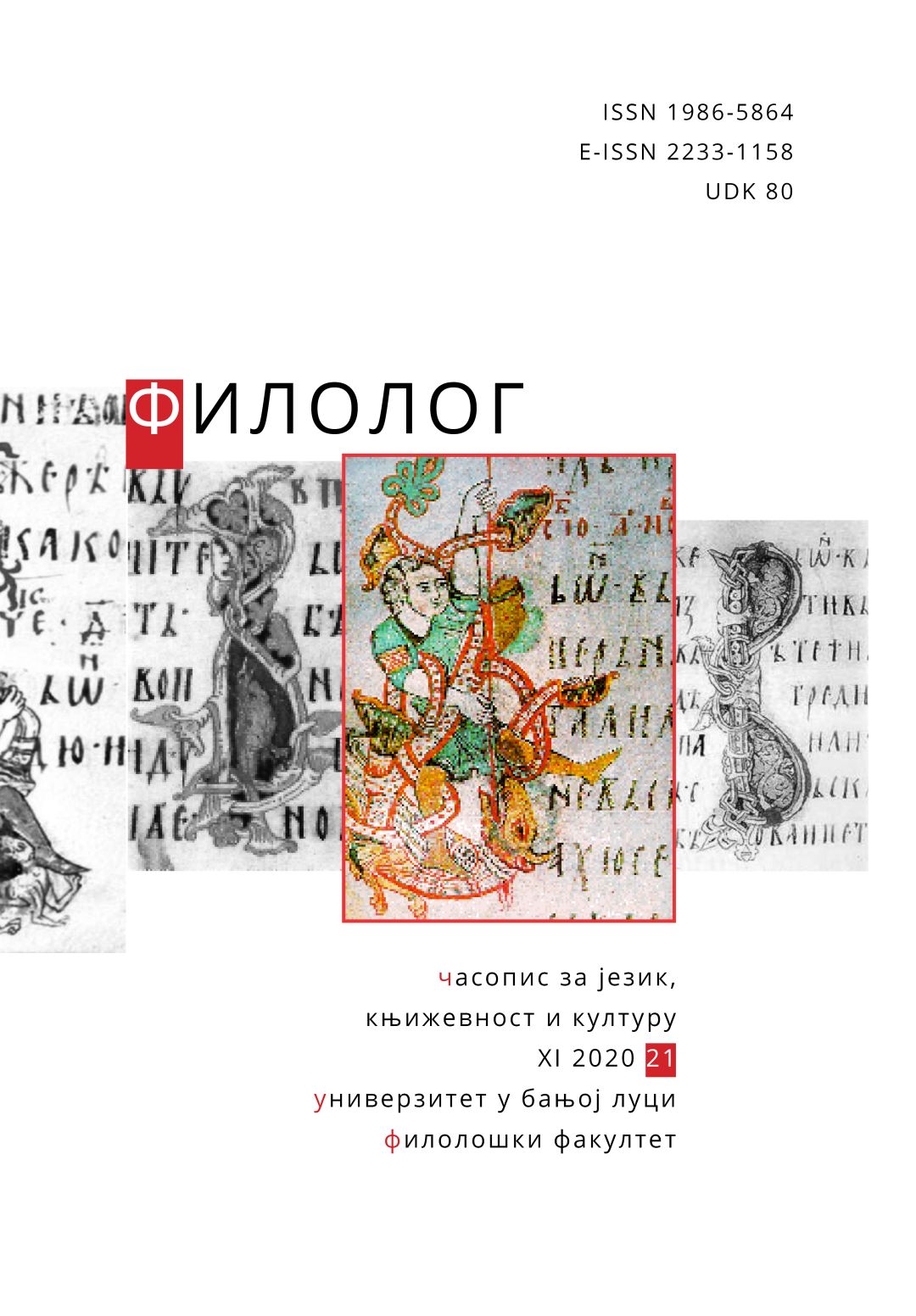Потрага за идентитетом у романима Дечаштво: сцене из провинцијског живота и Младост Џона М. Куција
Search for Identity in the Novels Boyhood: Scenes from Provincial Life and Youth by John M. Coetzee
Author(s): Olivera S. MarkovićSubject(s): Studies of Literature, Novel, Other Language Literature, Philology, Theory of Literature
Published by: Филолошки факултет Универзитета у Бањој Луци
Keywords: postcolonial criticism; identity; otherness; discoursе; eurocentrism; autobiography; autre-biography; Coetzee;
Summary/Abstract: The purpose of this paper is to analyse two autobiographical novels by John M. Coetzee – Boyhood: Scenes from Provincial Life and Youth, from the perspective of postcolonial criticism. In the first part of the paper the author discusses the characteristics of the genre autre-biography, which is a term coined by Coetzee himself when referring to his novel Boyhood. As the author of the paper considers the aforementioned genre a type of historiographic metafiction which focuses on the issues of otherness, power/knowledge and the truth-fiction relation, the interpretation of the given novels targets the problems of discursive construction of identity of the autobiographical subject in the context of the complex sociopolitical situation in South Africa, notably the problem of the main character’s identity search in regard to his relation to otherness (Other and other). The last part of the paper includes an elaboration on the motif of the farm, as an example of heterotopia; the given motif is seen not only as an indication of the potential existence of the autobiographical subject beyond the realm of violence and otherness, but also as a symbol of the main character’s transformation and the key point from where he may be able to establish continuity with himself and others. Furthermore, the importance of open endings in Coetzee’s novels is emphasized: by means of open endings Coetzee insists on the idea that speaking with the other is impossible. Eventually, the author points out the relation between open endings and Coetzee’s understanding of autobiography as a secular confession.
Journal: Филолог – часопис за језик, књижевност и културу
- Issue Year: 2020
- Issue No: 21
- Page Range: 337-356
- Page Count: 20
- Language: Serbian

